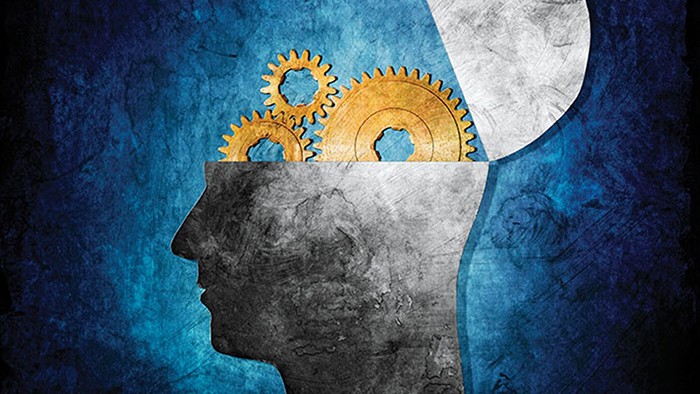
Details
INSTRUCTOR: Jose Rodriguez
SECTION: U07
SCHEDULE: Tuesday, Thursday 11:00AM - 12:15PM
Course Description
For the better part of a century, the medical field has been dominated by a disease-oriented model of treatment. In this paradigm, the medical doctor diagnosed and treated the patient's bio-physiological maladies, and nothing more. Little concern was paid to the psychosocial and behavioral causes of disease. The admissions process to enter medical schools reflected this paradigm with MCAT examinations exclusively assessing applicants' knowledge of biochemical principles, etc. Recent changes have signaled larger shifts in the admission and education of the next generation of medical doctors. The emphasis is shifting toward the psychological and social foundations of behavior and their relation to health outcomes.
This course will attempt to expose students to the undergirding mechanisms of health and wellbeing. Specifically, in the fall the focus will be on psychological theories and research that help in understanding the nature of behavior. In the spring semester, we will cover topics related to the individuals place in society and the larger societal structures and interactions that influence human behavior and health outcomes. In addition, in the spring semester, we will consider the doctor-patient relationship at length and analyze its evolution and current parameters.
Moreover, the course will focus on developing specific scientific reasoning skills: critical evaluation of design and execution of research, data-based evaluation of interventions and ability to draw evidence-based conclusions.
Activities for students to demonstrate their knowledge of the material will vary. Quizzes will be used to ensure reading and comprehension of material. Reaction papers that require students to critique current research will be assigned both semesters. Additionally, an opportunity for creative projects will be explored to allow students to showcase their understanding of the material using alternative means of assessment.
All students with an interest in the psychosocial biological foundations of human behavior are welcome. In the interdisciplinary spirit of the Honors College, this course will attempt to connect psychology, sociology, biology, and anthropology.
This course is designed for advanced students who are approaching the end of their studies. Exceptions may be made for those who are earlier in their career but have taken at least one statistics or methods course. Otherwise, this class is limited to those who are in their bona fide junior or senior year.
You may email Dr. Rodriguez at rodrigej@fiu.edu for course permission.
